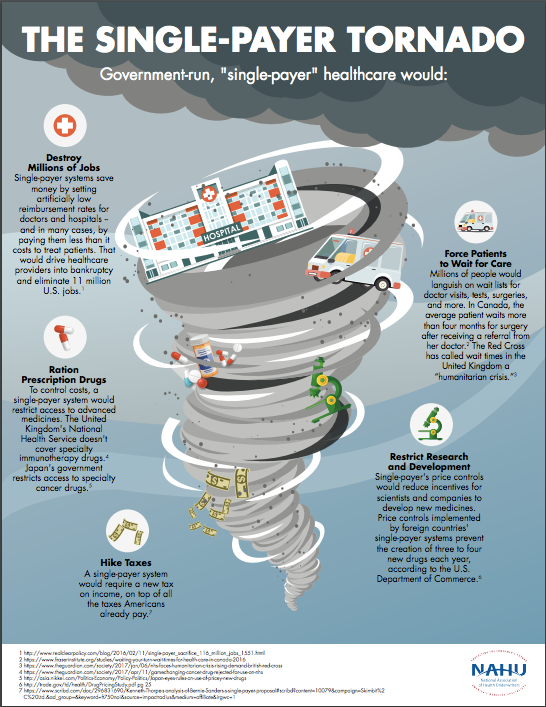
A Problem with the Math: Why Single Payer May Not Ever Be in the Cards
Posted: May 30, 2017
The frustration caused by soaring health care costs and our nation’s difficulty dealing with this increasing crisis is driving some states to consider their own “single-payer” health care system. California is the latest state to consider this move and also the latest to be shocked by the price tag. Colorado, New York, Vermont, and now California have learned that there is a reason health insurance is expensive: health care is expensive. According to the Sacramento Bee, “The price tag is in: It would cost $400 billion to remake California’s health insurance marketplace and create a publicly funded universal health care system, according to a state financial analysis released Monday [5/22/17].” They go on to note that the entire operating budget for 2017 in California is a mere $180 billion.
“California would have to find an additional $200 billion per year, including in new tax revenues, to create a so-called “single-payer” system, the analysis by the Senate Appropriations Committee found. The estimate assumes the state would retain the existing $200 billion in local, state and federal funding it currently receives to offset the total $400 billion price tag.” It is important to note that California currently has among the highest taxes in the nation. California’s base sales tax of 7.5% is higher than any other state and its top marginal income tax rate of 13.3% is the highest of any state.
If I’m doing the math correctly, these rates could effectively double and still not bring in the revenue needed for the proposed expansion. It doesn’t take long to figure out that while our system may need a major overhaul, single-payer may not be the way.

